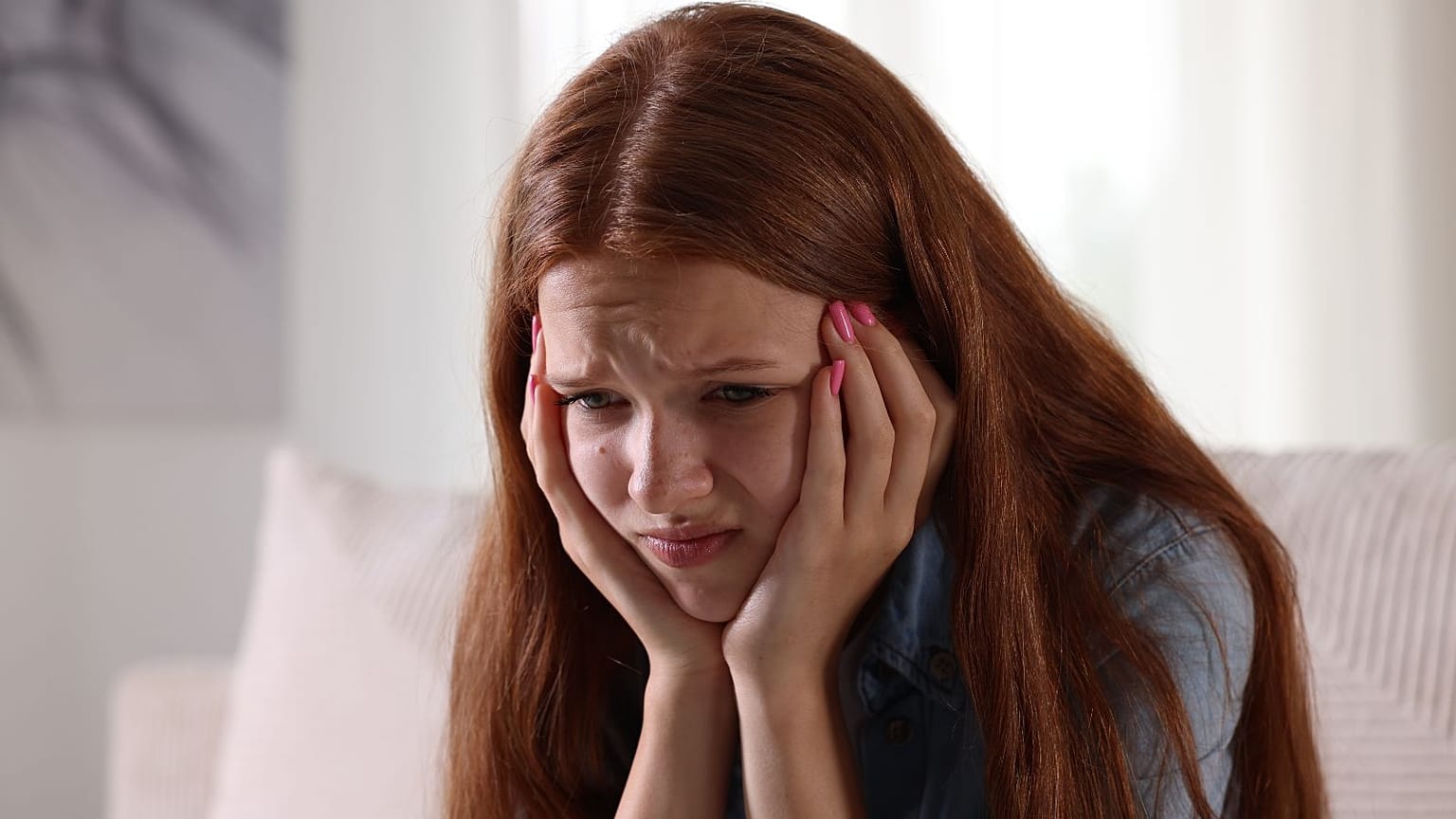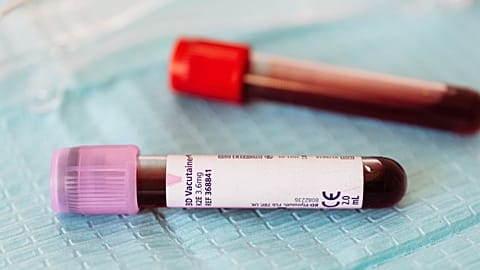A rising share of children and teenagers have mental health conditions, but global health experts warn that professional support is lacking.
Mental health issues are a growing crisis among Europe’s children and teenagers, according to a new report.
One in seven Europeans under the age of 20 have a mental health condition , an increase of one-third over the past 15 years, according to the analysis from the World Health Organization (WHO).
Girls are disproportionately affected, with one in four girls aged 15 to 19 reporting a mental health condition.
Concerns about young people’s mental health have spiked in recent years, with a report earlier this yearciting social isolation, the COVID-19 pandemic, ongoing geopolitical conflicts, and socioeconomic instability as potential drivers of mental health issues.
That report found that teenagers in the Danish territory of the Faroe Islands, along with Iceland and Denmark, ranked highest for mental wellbeing, while those in Ukraine, Cyprus, and Poland ranked among the lowest.
Across the bloc, access to professional mental health support remains an issue, the WHO report emphasised. About one-quarter of European countries lack community-based mental health services for young people, while one in five have no dedicated mental health policies in place.
“This report is a wake-up call,” said Dr João Breda, who works on patient safety and health care quality at the WHO.
“Every child and young person has the right to mental health support and high-quality care,” he added in a statement.
The report is the first to comprehensively collect data on child and youth mental health across the WHO’s European region, which comprises 53 countries in Europe and Central Asia.
It highlights the urgent need for adequate in-person care, especially at a time when young people are increasingly relying on artificial intelligence (AI) chatbots such as ChatGPT for emotional support – sometimes resulting in tragic outcomes.
The WHO called for countries to take steps to boost young people’s mental health, including investing in mental health services and redesigning programmes to more effectively meet the needs of children and young people.
“By acting now, countries can build resilient systems that help the next generations thrive,” Breda said.


















